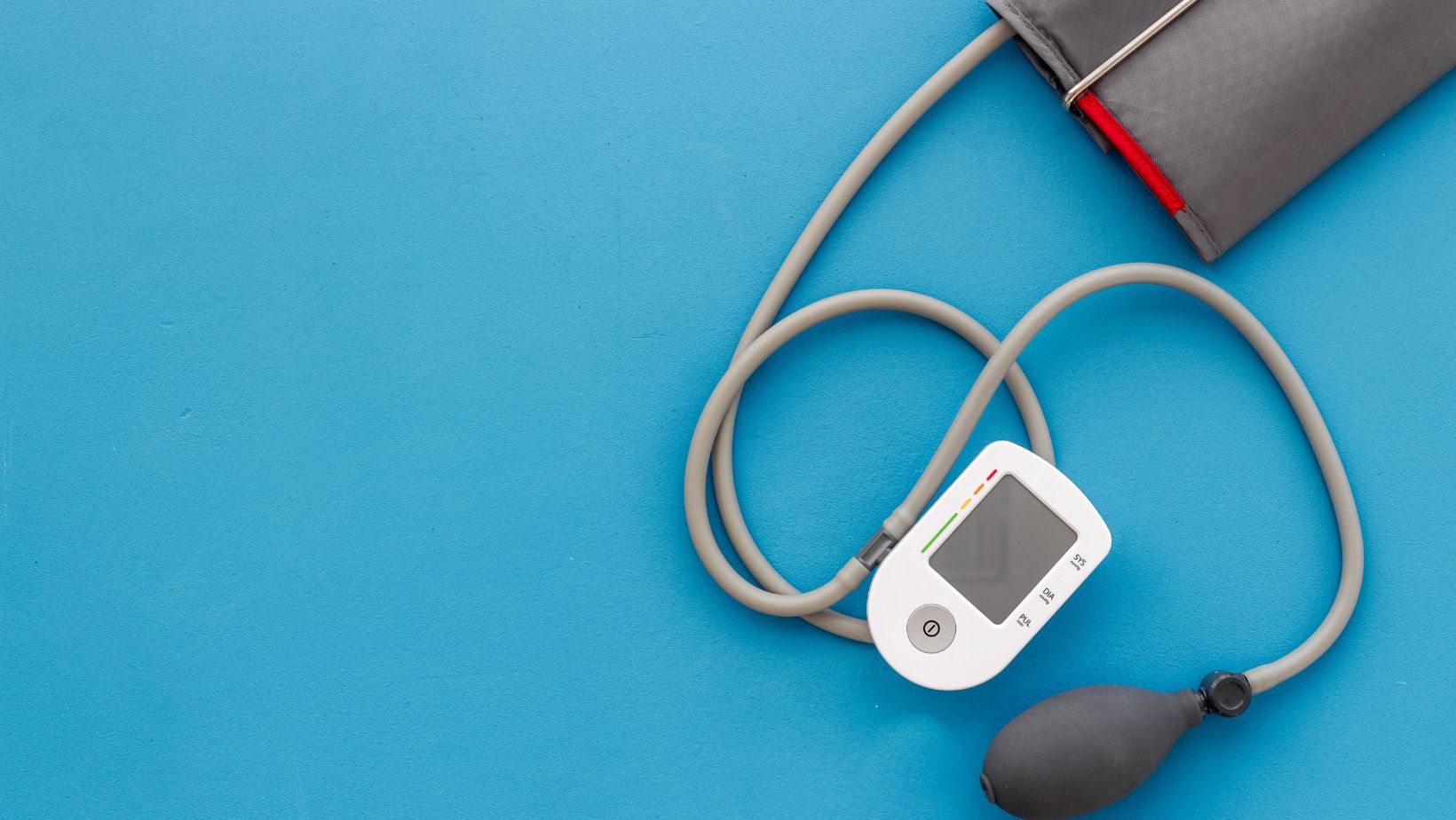Menopause is a phase in a woman’s life marked by a range of changes that can impact various aspects of health. A common side effect of menopause is high blood pressure, which affects millions worldwide.
The more you know about the link between menopause and high blood pressure, the easier it will be to care for your body during and following menopause. Learn how MENO menopause supplements and other options can help with symptom management so you can feel empowered and confident throughout your menopause journey.
Understanding Menopause
Menopause typically occurs around the age of 45 to 55, signaling the end of a woman’s reproductive years. It comes with a range of symptoms, from hot flashes and night sweats to mood swings and sleep disturbances. 
During menopause, the body experiences a significant drop in estrogen and progesterone levels. This can lead to hormonal fluctuations that can impact various bodily functions. The changes in your body during this time can significantly affect your comfort.
What is High Blood Pressure?
High blood pressure, or hypertension, is a condition where the force of blood against the artery walls is consistently too high. It’s often dubbed the “silent killer” because it can go unnoticed for years, silently damaging the heart, blood vessels, and other organs. Factors like age, genetics, lifestyle choices, and underlying health conditions can contribute to high blood pressure.
The Link Between Menopause and High Blood Pressure
Menopause and high blood pressure are more closely connected than meets the eye. Studies suggest that the hormonal changes women experience during menopause can significantly elevate blood pressure levels. The decrease in estrogen levels, in particular, is thought to impact how blood vessels function, potentially leading to higher blood pressure readings.
The Role of Stress and Sleep in Menopause-Related High Blood Pressure
Stress and sleep are crucial for developing and managing high blood pressure during menopause. Chronic stress can elevate blood pressure levels, straining the heart and blood vessels.
Finding healthy ways to cope with stress, such as mindfulness practices, deep breathing exercises, or engaging in hobbies, can help mitigate its impact on blood pressure. You’ll also want to prioritize quality sleep, as inadequate rest can further increase blood pressure levels.
Potential Risks and Complications
Untreated high blood pressure during menopause can pose significant risks and complications. Prolonged elevation in blood pressure levels can strain the heart, leading to conditions like heart disease, stroke, and kidney damage.
Women going through menopause should be vigilant in monitoring their blood pressure and seek medical advice if levels consistently remain high. Women transitioning through menopause show accelerated development of hypertension compared to premenopausal women of similar age. Proper management and lifestyle modifications can significantly reduce untreated high blood pressure risks.
Tips for Managing High Blood Pressure During Menopause
Managing high blood pressure during menopause requires a multifaceted approach that includes lifestyle modifications and regular monitoring. Here are some practical tips to help keep blood pressure levels in check:
Healthy Eating
Maintaining a diet rich in fruits, vegetables, whole grains, and lean proteins can help regulate blood pressure levels during menopause. Limiting saturated fats, cholesterol, and sodium intake is crucial for heart health and well-being.
Regular Exercise
Regular physical activity, such as brisk walking, jogging, or cycling, for at least 150 minutes per week can improve cardiovascular health and lower blood pressure. Exercise strengthens the heart and blood vessels and aids in weight management, positively impacting blood pressure readings.
Stress Management
Implementing stress-reducing activities like meditation, deep breathing exercises, or yoga into your daily routine can help alleviate stress and lower blood pressure levels. Finding moments of relaxation and mindfulness amidst the hustle and bustle of daily life is very useful for managing stress-related hypertension during menopause.
Quality Sleep
Prioritizing sufficient sleep, aiming for 7-9 hours of uninterrupted rest each night, is vital for overall health and well-being, including maintaining healthy blood pressure levels. Adequate sleep allows the body to recharge, repair, and prepare for the day ahead, reducing the risk of heightened blood pressure during menopause.
Regular Check-ups
Scheduling regular check-ups with your healthcare provider is imperative for monitoring blood pressure levels and adjusting treatment plans as needed. Routine visits allow for early detection of any changes in blood pressure, enabling timely interventions and effective management of high blood pressure during menopause.
Empowering Women: Taking Control of Menopause and High Blood Pressure
The connection between menopause and high blood pressure is a complex interplay influenced by hormonal changes, lifestyle factors, and genetic predispositions. By understanding the relationship between the two and taking proactive steps to manage blood pressure levels during menopause, women can safeguard their heart health and overall well-being. 
Knowledge and awareness are powerful tools in navigating the challenges of menopause and maintaining optimal cardiovascular health. Stay knowledgeable and empowered, and prioritize your health as you navigate this transformative phase of life.